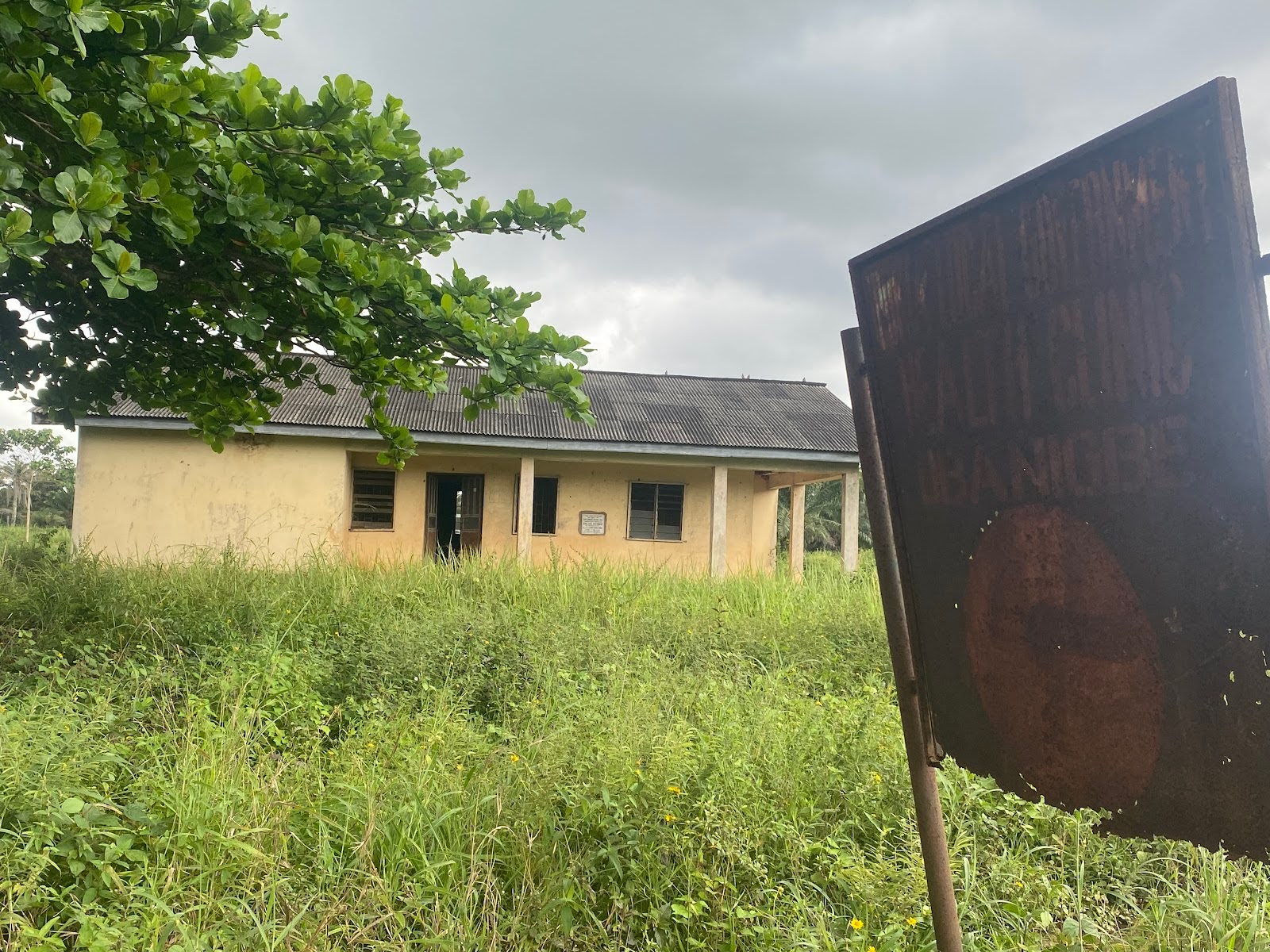
•Says premises contribute to menace of drug abuse, misuse, circulation of fake, substandard medicines
Registrar, Pharmacists Council of Nigeria (PCN), Ibrahim Babashehu Ahmed, yesterday, gave reasons the Council insists on relocation of open drug markets in Sabon Gari, Kano State, to Coordinated Wholesale Centre (CWC).
Ahmed, in a statement, implored all stakeholders operating within the pharmaceutical value chain to be conscious of the consequences of promoting chaotic drug distribution characterised by the existence and proliferation of unregistered (illegal premises). He said record has it that such premises contribute to the menace of drug abuse, misuse, circulation of fake and substandard medicines, among many other ills bedevilling the public.
The registrar said the attention of PCN has been drawn to some online news items titled Court Restrains Relocation of National Association of Patent and Proprietary Medicines (NAPPMED) to Kano Economic City and Court Restrains Kano Government, PCN from Relocating Drug Market as published on pages of national newspaper, Saturday, February 25, 2023.
He said the sole plaintiff is a splinter group among one ethnic group involved in the sale of drugs in the open drug market and called “Igbo Medicine Dealers Association” as indicated in the court process.
Ahmed said whereas it is a known fact that members of NAPPMED had established illegal (unregistered) drug shops in open drug markets of Sabon Gari, Kano, contrary to various provisions of pharmacy and drug laws prior to the launch of the National Drug Distribution Guidelines and approval of the CWC concept. Be that as it may, it is noteworthy that the current President of NAPPMED, Kano State Branch, Alhaji Hussaini Labaran is part and parcel of the process that culminated into the development of CWC in Kano State.
He said the NAPPMED President is working tirelessly with the PCN, Kano State Government and other relevant Government Agencies to ensure compliance with the various provisions of the National Drug Distribution guidelines and relocation of members involved in the wholesale/distribution of drug in the market and/or operating at other unregistered facilities to the KPP Coordinated Wholesale Centre recently commissioned by the Minister of Health, Dr. Osagie Ehanire. Indeed, Alhaji Hussaini Labaran also currently chairs the KPP project.
Ahmed said it is pertinent to state that Government as the custodian of public health demands citizens involved in sales of medicines within the value chain to be law abiding and protect health of the citizens. “In essence such players in the sector must ensure that the citizens access effective, safe and quality medicines offered for sale in premises duly inspected, approved and licensed by the Pharmacy Council of Nigeria and such medicines must be duly registered by National Agency for Food and Drugs Administration and Control (NAFDAC),” he said.
The pharmacist said it is very clear that combined provisions of the Pharmacy Council of Nigeria (Establishment) Act, 2022 and Regulations thereof, Poison and Pharmacy Act Cap 535, National Drug Policy, 2021 and National Drug Distribution Guidelines prohibit sales of drugs in any unregistered premises, that is, premises not duly registered by the Pharmacy Council of Nigeria.
He said, for emphasis, Pharmacy Council of Nigeria Act Section 4 (b) lays the proper foundation in this regard. The section clearly states that the PCN shall regulate the standard of Pharmacy practice and business in Nigeria.
Ahmed added: “Thus, in regulating Pharmacy business, PCN sets standards as to the requirements for setting up pharmaceutical premises, where it should be sited and what standards are to be maintained.
“In the same vein, Section 4(h) of the said Act empowers the PCN to inspect, approve, license and regulate the registration and practice or operations in all pharmaceutical premises where drugs, medicines and poisons are manufactured, imported, exported, distributed, stored, dispensed or sold in Nigeria, based on good Pharmaceutical practice and to establish and maintain a register of premises used for all pharmaceutical activities.
“Also, Section 22(1) of the Act states “Any place used for the purpose of dispensing, selling, compounding, distribution, storage, stocking, retailing, wholesale, manufacturing, importation, exportation of drugs and poisons, scientific offices or any other form of pharmaceutical activities shall be inspected and registered in accordance with the provisions of this Act”.
“It goes without saying that any place used for the business of drugs and medicines in Nigeria must be so approved, registered and licensed by the PCN.
“Another section worthy of note is the enforcement powers of the Council in relation to ALL PREMISES (Open drug market inclusive) in Section 57(1) of the Act.”






